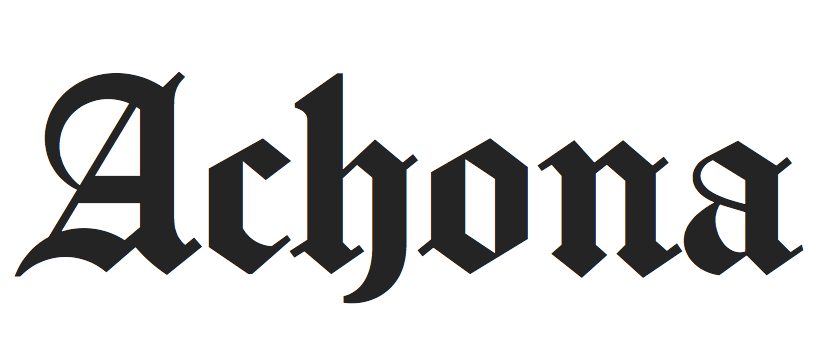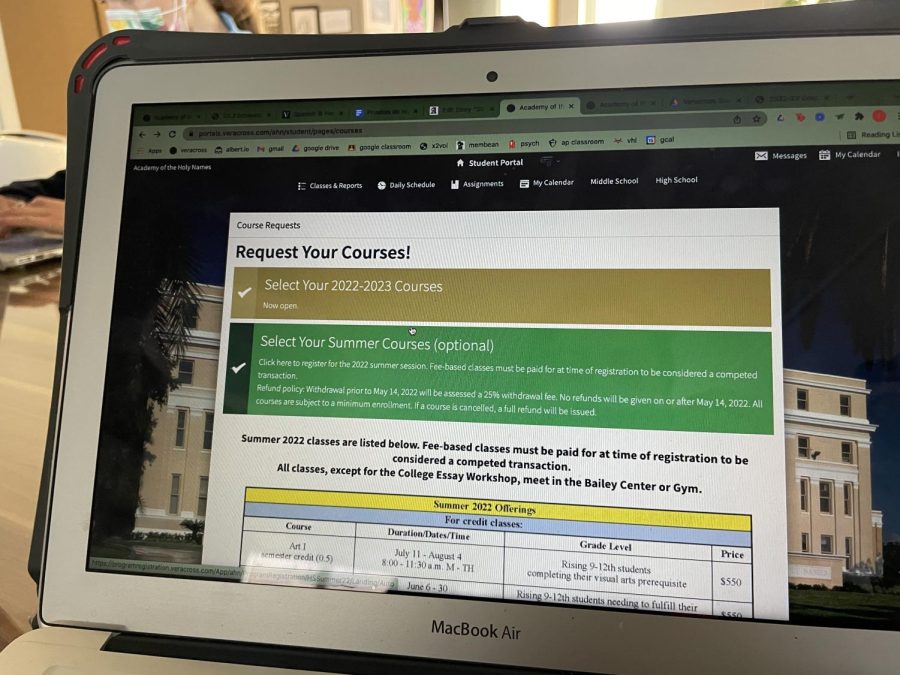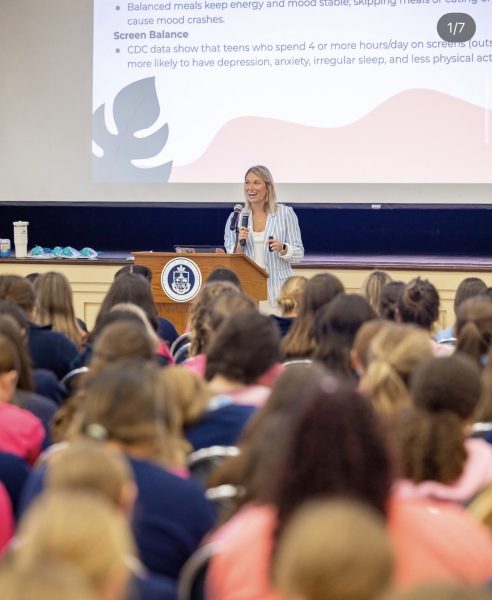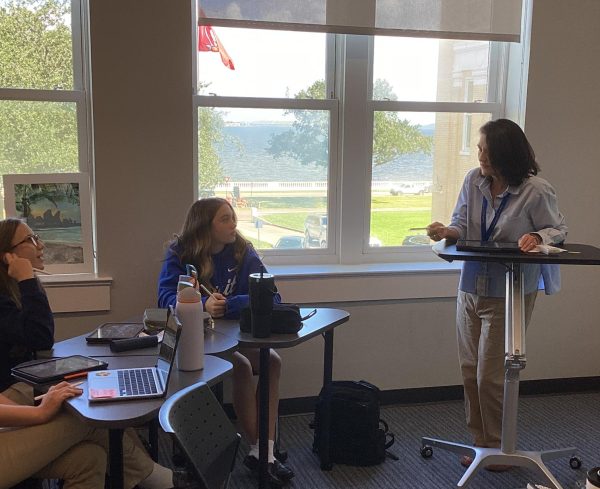Students choose courses for 2022 to 2023
Photo Credit: Isabel Bequer/AchonaOnline
Class selection opened during the week of February 14. Classes can be chosen on the student Veracross portal.
On February 8, Academy held their annual curriculum assembly, in which students learned about what courses are being offered for the next school year, and what their requirements are to graduate. This was done in anticipation of course selections, which took place during the week of February 14.
At the assembly, Interim Principal Sister Lisa Perkowski detailed the new and “nearly new” courses being offered for the 2022 to 2023 school year. The new courses include Biotechnology, Introduction to Computer Science, Robotics, and French III. The “nearly new” courses, or courses that have only been offered for this year and will return next year, include Film Studies, Holocaust Literature, String Ensemble, Introduction to Neuroscience, French II, and Peer Ministry.
After the general description, students split into groups by grade level and teachers gave presentations specific to each class.
The upcoming course selection period brings with it many decisions for students, as they figure out how to best build their schedule. They must consider their strengths and weaknesses, time management skills, mental health, and what will prepare them for college. Students must also grapple with choosing to take advanced courses that are more challenging and time consuming.
Taking higher level classes has many benefits. It shows dedication to academics to colleges, helps boost GPA, and, for Advanced Placement classes, provides an opportunity to receive college credit. But balancing these classes with extracurricular activities and life outside of school can prove difficult, and it is important that students do not overwhelm themselves trying to take the most difficult classes possible.
During the school-wide assembly, Learning Resource Specialists Dr. Julie Griess and Lindsay Belush addressed this concern. The two provided students with a time management sheet that provided the estimated time required weekly for each course, and a space plan out how to balance classes with other activities, including extracurriculars, unstructured time, and sleep.
“My main emphasis is to find appropriate challenges based on their teacher recommendations to find their school and life balance. It’s ok to challenge oneself but more important to find the right fit for yourself, and not because it’s a class that all of your friends are taking,” said Griess.
This is particularly pertinent to the freshmen class, as many students make the jump from introductory level classes to advanced levels, and decide whether to tackle the challenge of taking their first AP class, or adding more to their schedule.
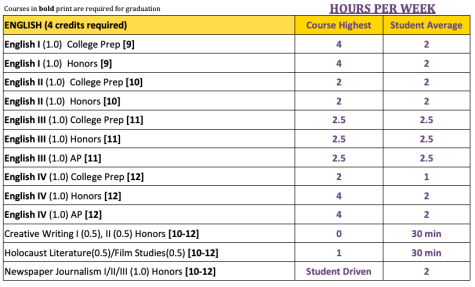
There also comes the college concern, as students try to discern what will look best for colleges they wish to attend. For rising juniors and seniors especially, this is a large factor in their course selection as they build the list of schools they want to apply to.
Juniors face new challenges as their horizons expand. While six AP classes are offered for sophomores, 18 are offered junior year. As classes become more difficult and many extracurriculars become more time consuming, especially for those in leadership positions, rising juniors must make an effort to manage their time effectively. This is important to keep in mind when deciding on courses. It is also important to choose classes that are challenging, but still manageable, as the grades from one’s junior year are the last many colleges see before they make their decision.
In her presentation to the junior class, college counselor Kerry Keegan discussed how to choose classes in anticipation of college applications. This included demonstrating an upwards trend in difficulty throughout high school, to show how students have grown in their academics and show they are prepared for a larger workload in the coming years. Keegan also emphasized the importance of the senior year schedule, as for many schools the rigor of the final year plays a key role in admissions decisions.
While Keegan gave the speech to the junior class, each college counselor is available to students to provide insight into the college process and the importance of senior year classes.
The goal is to be appropriately challenged while maintaining academic excellence. This looks different for every student at AHN and having a conversation with teachers and counselors can help you understand what the best route might be,” said college counselor Jose Ramos.
Additionally, colleges differ in what classes they desire to see on a transcript. Each student is different, and in addition to showing off academic prowess, a schedule can show interests of each student, building a more unique profile of them. And while class load and academics are important, they are not the only factor that plays into a college decision. Many schools take a holistic approach to admissions, meaning they look at a student’s essays, extracurriculars, grades and other factors, taking all into account when making a decision.
“Several months ago, during my college admissions process, if you were to have asked me whether I regretted taking or not taking certain classes, I probably would have told you “yes”. Now, however, a semester and a half into a college I tried my hardest not to go, I would say that, sincerely, the only thing I regret is wasting time caring so much about what school I would maybe get into rather than enjoying my time at the one I was already at — because, no matter what, everything is going to happen for a reason. You will end up where you are meant to, whatever that ends up meaning,” said Amelia Cuttle (A’21).
For the upcoming school year, the drop/add period for year-long and first semester courses ends on August 22, 2022 and ends for second semester courses on January 12, 2023. During these periods, there will be a $25 fee to change courses, except for students moving between levels in one course. After this time period, no student-initiated schedule changes can be made.
“The needs of each student differ and there is not one right way of scheduling; there are many ways to achieve scholastic success,” said Ramos.

Senior Isabel Bequer is Editor-in-Chief for the Achona. During her fourth year on the Achona staff, Isabel is excited to get to know the new Achona writers....

